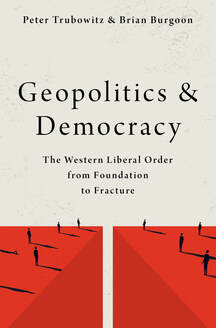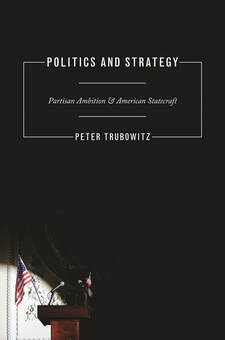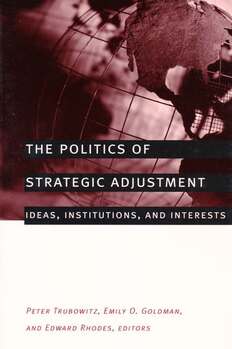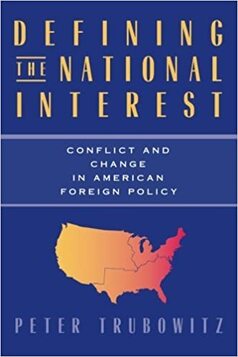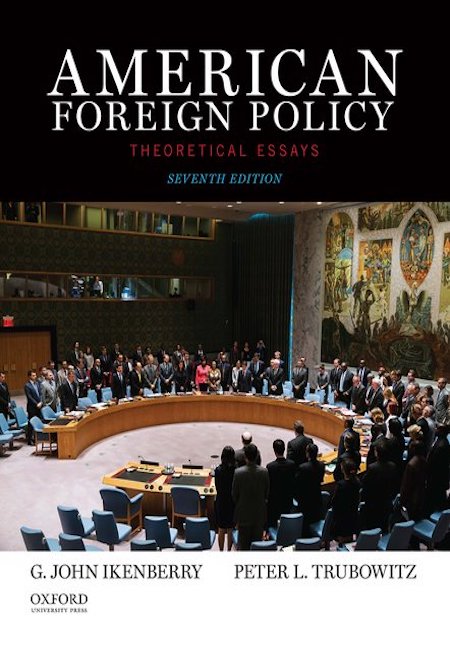|
Geopolitics & Democracy: The Western Liberal Order from Foundation to Fracture with Brian Burgoon Oxford University Press, 2023
Geopolitics and Democracy provides a new explanation of why the Western liberal international order is buckling under the pressures of anti-globalist political forces. It traces today's anti-globalist backlash to decisions made by Western leaders in the decade after the Cold War’s end to globalize markets and pool sovereignty while undercutting social protections at home—a combination of policies that succeeded in expanding the Western liberal order, but at the cost of mounting domestic discontent and fragmentation. At a time when problems of great power rivalry have returned, Geopolitics and Democracy shows how domestic support for international engagement during the Cold War was contingent upon social protections within Western democracies. In the absence of a renewed commitment to those social purposes, Western democracies will struggle to find a collective grand strategy their publics will support. Replication data |
Politics and Strategy: Partisan Ambition and American Statecraft |
The Politics of Strategic Adjustment: Ideas, Institutions, and Interests |
Defining the National Interest: Conflict and Change in American Foreign Policy |
American Foreign Policy: Theoretical Essays |
Proudly powered by Weebly
